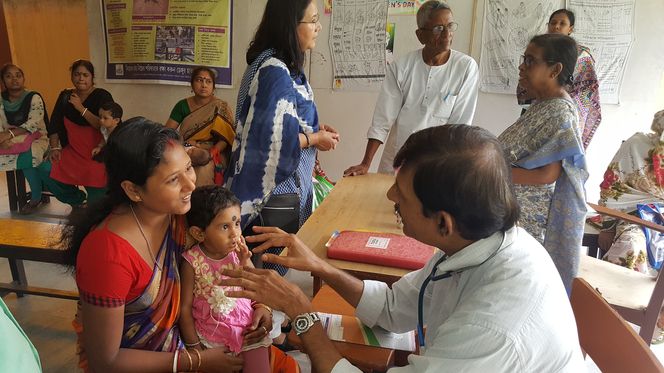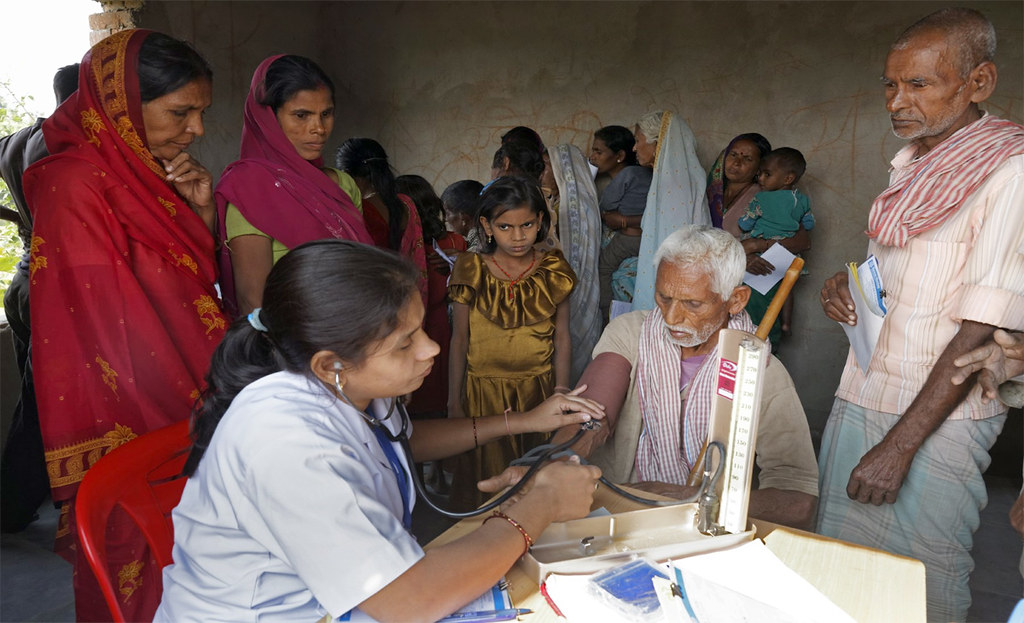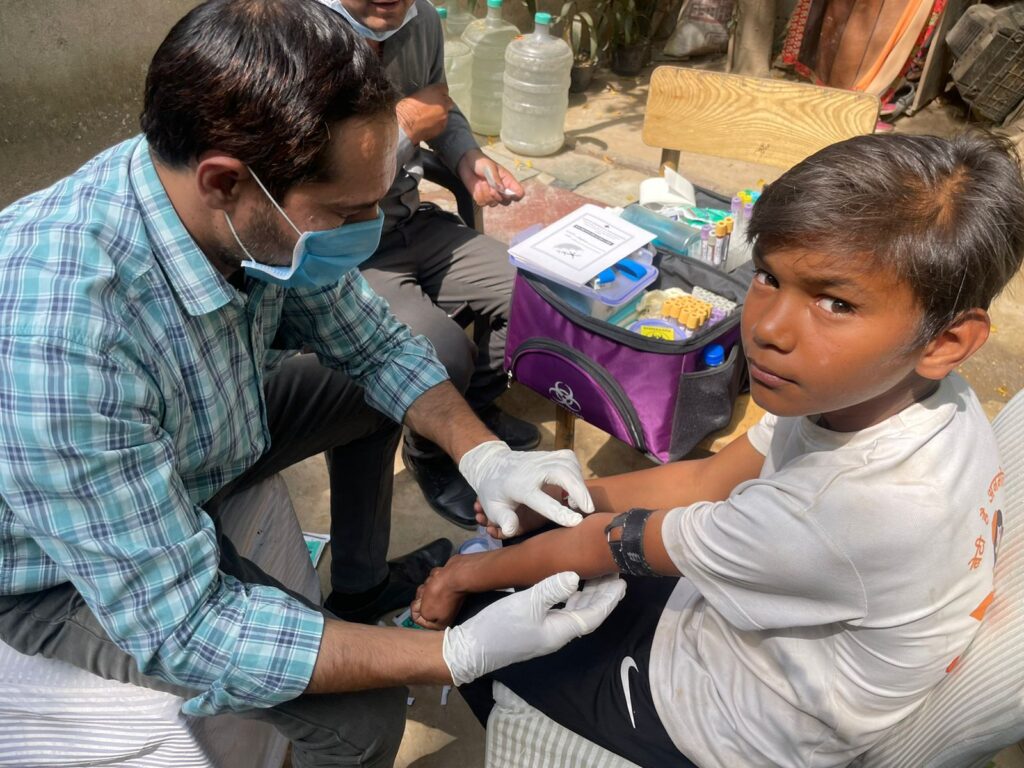What We Do
"Health is the greatest gift, contentment the greatest wealth, faithfulness the best relationship."
According to the World Health Organization (WHO), “Health is a state of complete physical, mental, and social well-being, and not merely the absence of disease or infirmity.” While measuring health by this ideal definition may be challenging, it remains the ultimate goal.
In recent decades, India has seen remarkable improvements in healthcare services. Key indicators such as life expectancy at birth, infant mortality rates, and maternal mortality rates have shown significant progress.
Objective:
Expand the reach and impact of Bandhutva's health initiatives by actively engaging with local communities.
Action:
Partner with local healthcare providers and volunteers to offer free screenings and basic medical care.
Outcome:
Increased awareness and early detection of health conditions, leading to better health outcomes, stronger community ties.

What We offer
The Indian healthcare sector urgently needs basic infrastructure and a larger workforce. While the U.S. has one bed for every 350 patients and Japan has one for every 85, India has only one bed for every 1,050 patients. To reach the standards of developed nations, India needs to add 100,000 beds this decade, requiring an investment of $50 billion. Additionally, the shortage of qualified medical professionals is a major challenge. India’s ratio of 0.7 doctors and 1.5 nurses per 1,000 people is far below the WHO average of 2.5. The country also faces a significant shortage of paramedical and administrative professionals. To meet global standards, India needs an additional 1.54 million doctors and 2.4 million nurses.

The journey to understanding health improvement has been long and complex. Pioneers like Edwin Chadwick and public health activists in the 1800s emphasized measures like cleaning, drainage, and ventilation. The groundbreaking work of John Snow revealed the dangers of an unsafe water supply in 19th century London. Similar developments were seen in the United States. In recent decades, many countries have improved health indicators and reduced premature deaths through better water management, increased use of toilets, higher hygiene standards, and social interventions in education, nutrition, and housing.
Benefits
Your Support Matters
Our Health Initiatives Include:
- Supporting individuals affected by Thalassemia
- Assisting those living with HIV
- Providing cataract surgeries

- Health
Consultations
Your Support Matters
Operational Areas:
Delhi, Uttar Pradesh, Bihar, Madhya Pradesh, Uttarakhand, Himachal, Rajasthan, Haryana Punjab
